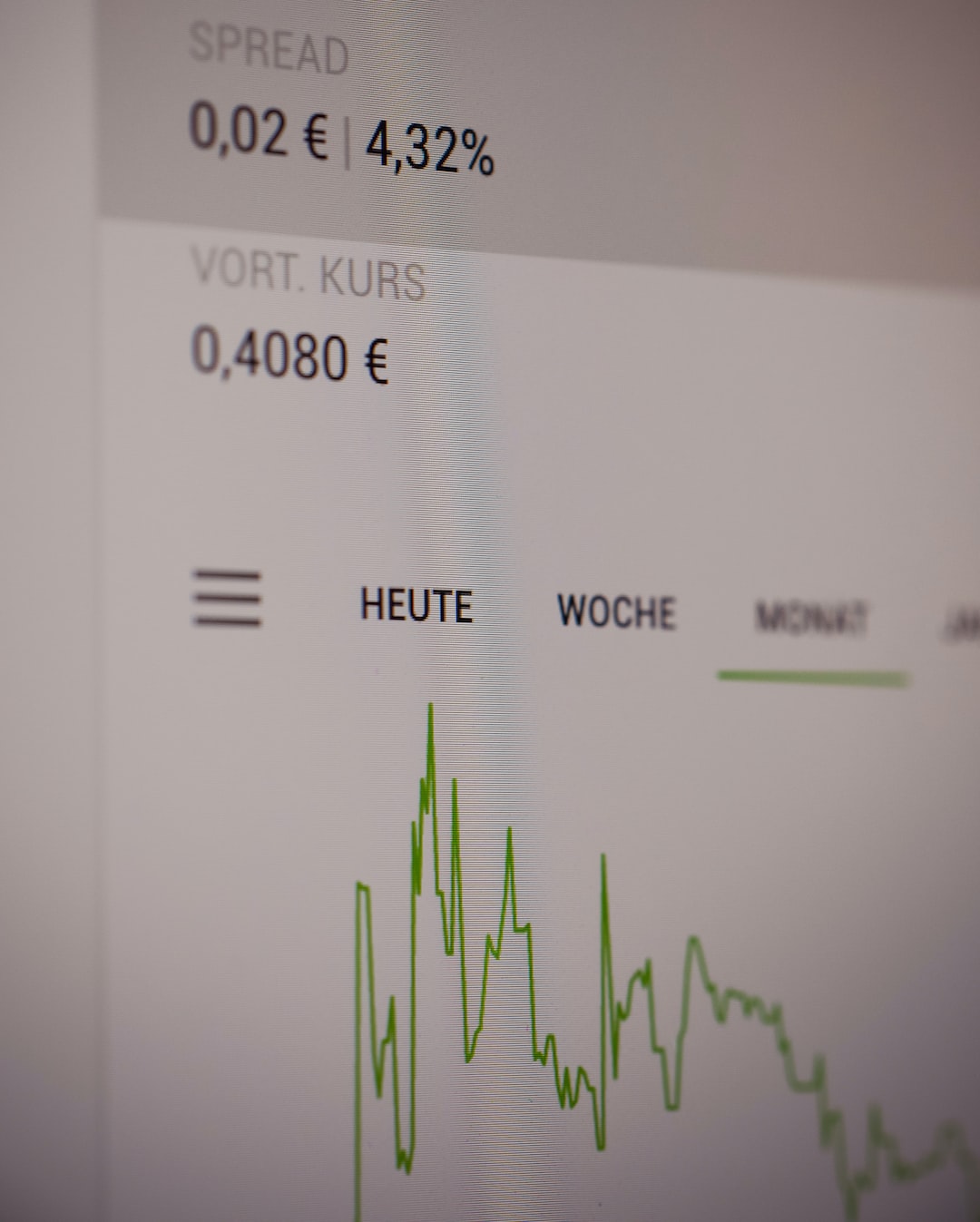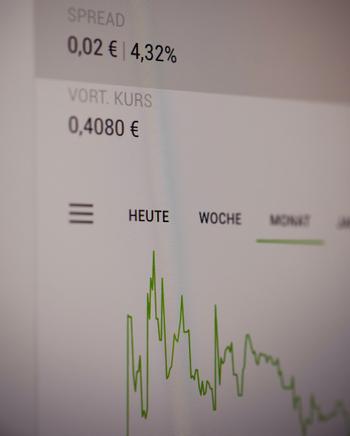What One Needs to Know to Get Started in Private Equity


Thanks to the growing prevalence of online alternative investment platforms like Yieldstreet, investing in private equity has become easier and more accessible than ever before. However, because access to this category has been historically limited to a very small portion of the investing community, there are still many investors who find themselves increasingly interested in the private equity space, but who may not know exactly where to begin. To help get the ball rolling, here are just a few things investors need to understand to maximize success when investing in the private equity space: Accredited vs. Non-Accredited Investor In many cases, to invest in private equity, individuals will first need to qualify as an accredited investor. Until recently, achieving this status required a level of income that was largely out of reach for the average investor, but recent amendments to the rule now extend accreditation to individuals earning an annual income of $200,000, or who have a professional background in the finance sector. However, most won’t necessarily need to be an accredited investor to get started in private equity. For example, online crowdfunding sites allow nearly anyone to invest in private companies and startups at the ground floor, which can be a great way to earn positive returns over time as the company grows. Additionally, non-accredited investors can take the more traditional route of purchasing shares in a publicly-traded private equity firm or diversified private equity ETF. What is a Capital Call? Private equity investments can come with terms and conditions that the average investor may not be familiar with. For example, many PE funds utilize capital calls, which allow investors to commit a certain amount of capital to the fund while only paying a portion of the total investment up front. In such an arrangement, an investor may commit $100K while only making an initial deposit of $25K, but must also be prepared to deposit the remaining $75K, or “uncalled capital,” when the fund requests it. Capital calls have both benefits and drawbacks. On the positive side, investors can choose to store their uncalled capital in a low-risk investment account to earn additional returns until the funds are needed. On the negative side, investors will need to ensure the remaining amount is available to be deposited when the fund requests it. Knowing Risk Tolerance Finally, private equity is considered to be a relatively high risk investment category, and getting started will often require a sizable initial investment. However, investing almost always involves taking on a certain degree of risk, and it’s simply a matter of investors taking the time to evaluate their own finances and personal goals to determine how much risk will be appropriate. Source: Yieldstreet




 Never miss a story from us, subscribe to our newsletter
Never miss a story from us, subscribe to our newsletter
Comments